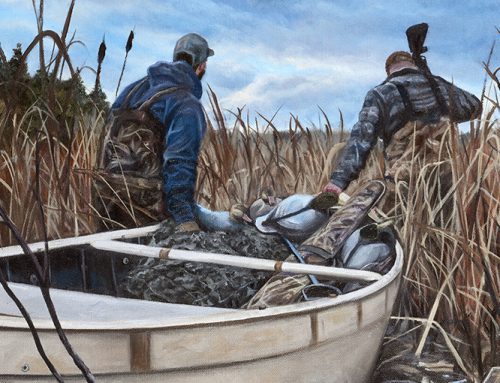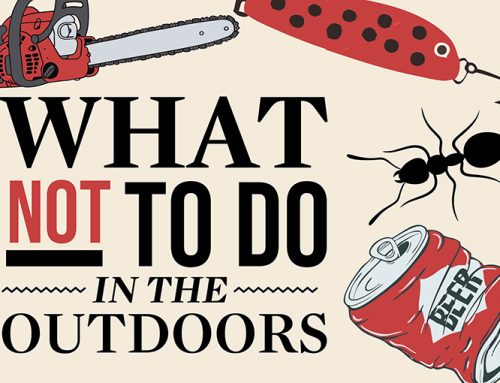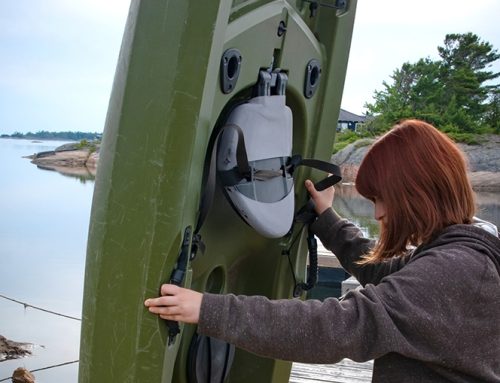
Black bear hunting season opened on Aug.16 in Wildlife Management Units (WMUs) across northern Ontario. But, in the wake of recent highly-publicized bear attacks in Cochrane and Sandbar Lake Provincial Park, there have been renewed calls by the hunting community for a provincial spring bear hunt. Many believe a spring hunt would help reduce human-bear conflicts.
The Ministry of Natural Resources (MNR) cancelled the spring bear hunt without public input or consultation in 1999. The action caused a storm of controversy over the rationale that cubs were being orphaned, a claim disputed by many, including the Ontario Federation of Anglers and Hunters (OFAH). The cancellation also caused significant hardship to northern communities that relied on the socio-economic benefits the hunt generated.
Read more
Population vs. conflict
In 2011 (most recent data available) 5,347 bears were harvested during the fall hunt, approximately 5% of the province’s estimated 85,000 to 105,000 bear population.
Martyn Obbard, a research scientist with the MNR wildlife research and development section, says that over the past decade bear populations have been stable.
Mark Ryckman, senior wildlife biologist with the OFAH says that indicators suggest bear populations are on the rise, but he adds that gathering such data is a difficult task.
Obbard and Ryckman agree that harvesting at this level will not have detrimental effects on the population.
The two men also agree that the number of bears isn’t the main driver of human-bear conflict; food supply is. “When food is abundant, as it is this year, than human-bear conflicts are really low. When food is scarce for bears, human-bear conflicts escalate,” says Obbard. He added that research done by the MNR found harvest levels have no impact on human-bear conflict.
Obbard says that it’s a stretch to link the number of bear attacks and issues with the cancellation of the spring bear hunt. “These events are totally random. A bear and a person just happen to meet in the wrong place at the wrong time. Jurisdictions that continue to have a spring bear hunt, Quebec for example, continue to have bear attacks and fatalities.”
Ryckman disagrees that the two are not linked. “When there is a spring hunt, there is more food available in the woods in the form of bait, which keeps bears away from other human sources of food. Previous to 1999, even in years when the natural food supply was low there were fewer human-bear conflicts because there were fewer bears competing for natural food sources.”
The MNR’s own statistics also differ on the impact of the cancellation of the spring hunt.
One report shows a direct correlation between years with poor natural food supply and human-bear conflict. However, other statistics show that “occurrences” reported to the Bear Wise program increased steadily and significantly for several years post-spring hunt, climbing from less than 1,000 in 1999, to 8,500 in 2004/05 to 12,500 in 2007/08.






1 time, 1 government, do the right thing rather what whats self serving and right for themselves and i will be IMPRESSED! when was the last time i even heard the National Anthem played? anywhere? stay tuned….